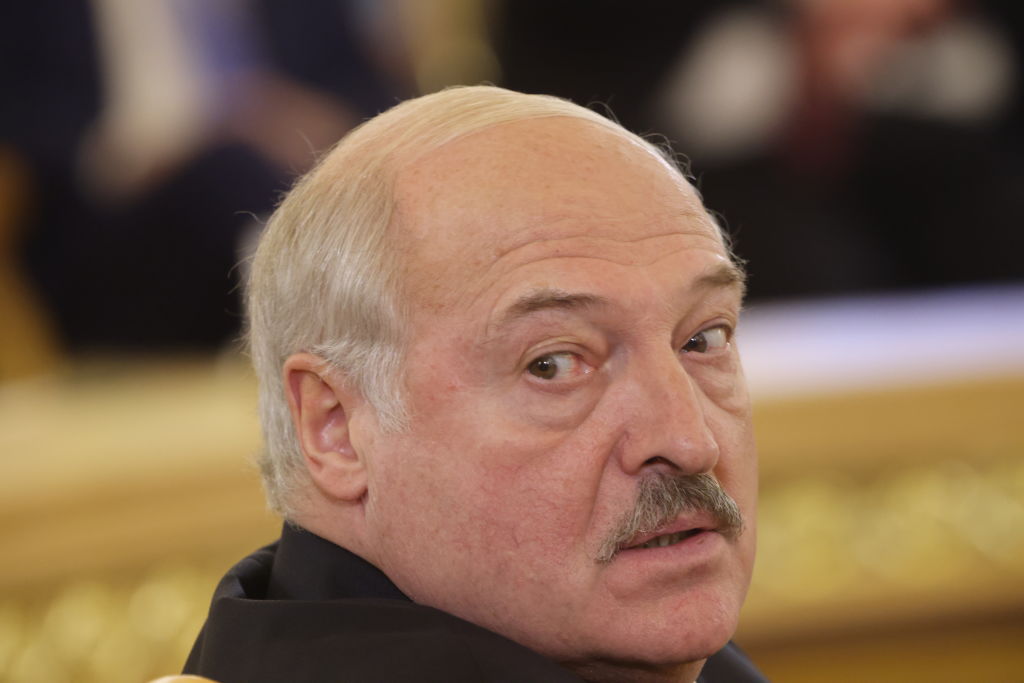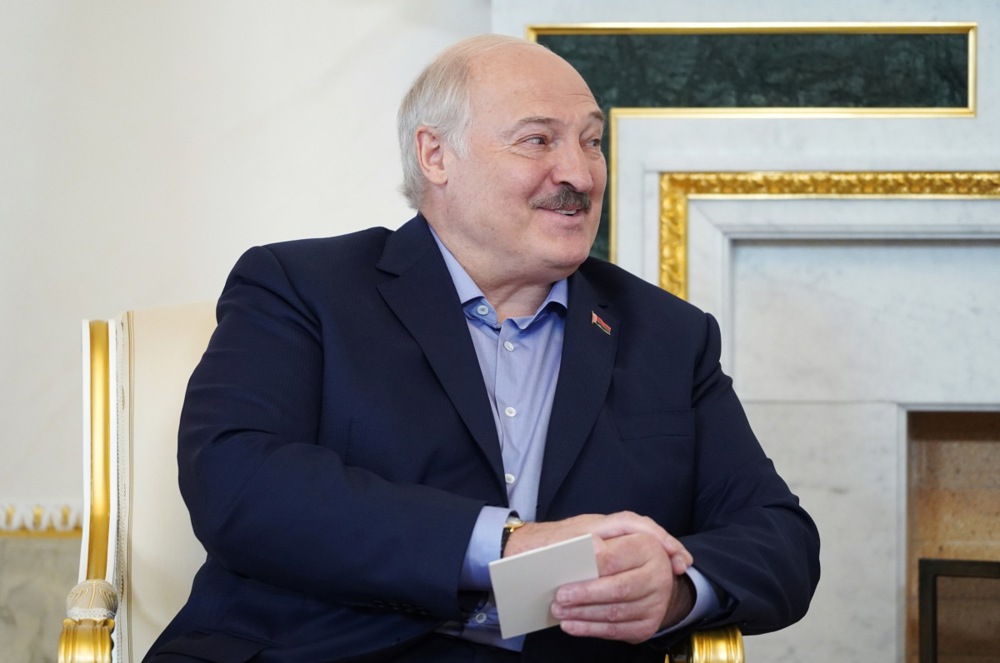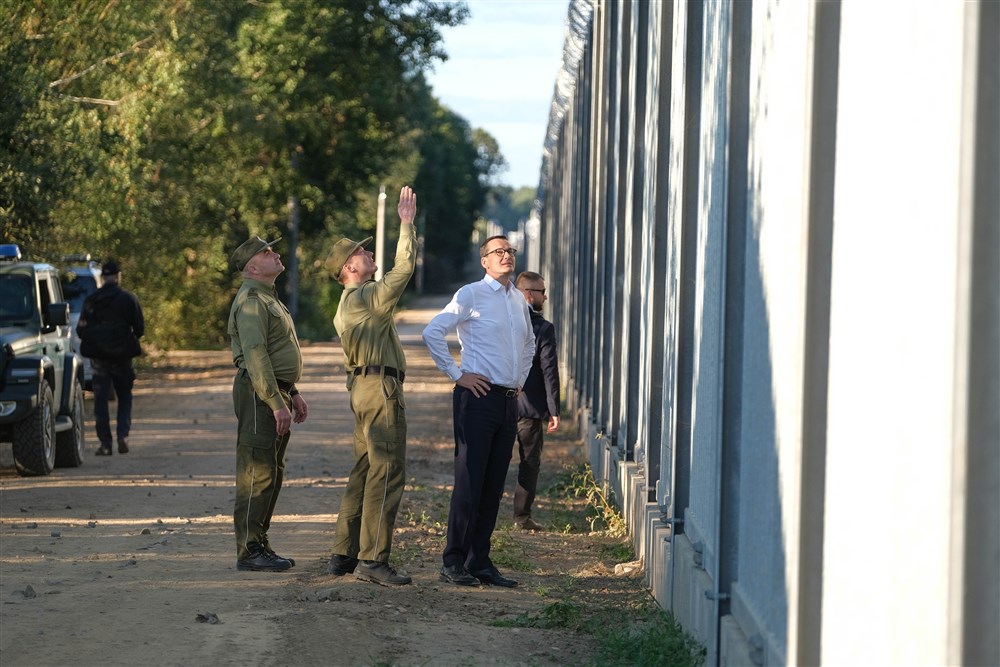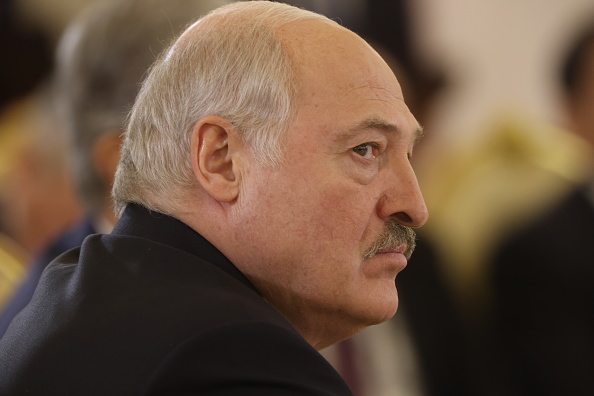Polish deputy foreign minister Paweł Jabłoński has told US broadcaster CNN that the Polish Government is considering closing the country’s border with Belarus amid claims Russia-backed Wagner Group mercenaries will attempt to enter Polish territory.
In an interview on August 4, Jabłoński said that “the threat is very real”. He told CNN he was certain Belarus “would make attempts to infiltrate our country and attempt to destabilise our country ahead of the elections”. Poland is due to hold general elections this autumn.
Jabłoński said that although it was unlikely that the Wagner Group or Belarus would launch a full-scale invasion “they will continue to make attempts to infiltrate our territory and attack our border, including the use of illegal migrants for this purpose”.
He added that the government of Belarus President Alexander Lukashenko was still encouraging migrants from the Middle East to use Belarus to attempt to cross into Poland and the Baltic States. He predicted that would intensify as the Polish election approached.
Jabłoński said this was why “we are considering any steps that will be necessary to protect our territory, protect our citizens, including the full isolation of Belarus, including full closure of the border”.
His revelations came after Poland claimed two Belarusian helicopters violated Polish air space and territory on August 1. Poland reacted by demanding the country “cease all provocations” at the shared border.
Belarus officially denied the encroachment.
On August 4, the Polish foreign ministry insisted it had provided the Belarusian government “with detailed information that irrefutably confirms the fact that on 1 August 2023 two Belarusian military helicopters violated Polish airspace”.
In the same week, Poland moved additional troops and combat helicopters its Belarussian border. On August 3, Polish Prime Minister Mateusz Morawiecki and Lithuanian President Gitanas Nausėda met in near the border with the Russian exclave of Kaliningrad to discuss security.
The Polish and Lithuanian ministers of the interior met the following day to consider plans for an eventual closure of their borders with Belarus.
The Wagner mercenaries were sent to Belarus following their short-lived rebellion against the Russian army in June, to which Poland responded by sending more troops to its eastern border. Last month, the mercenaries began training exercises with Belarusian forces.
According to Polish deputy interior minister Błażej Poboży, the latest estimates put the number of Wagner fighters in Belarus at approximately 5,000. Morawiecki has claimed that more than 100 of them have moved close to the Suwałki gap, the territory in Poland and Lithuania that separates the Kaliningrad exclave from Belarus.
The claims made by the Polish Government have been questioned by Poland’s Liberal opposition, who claim that the ruling party is hyping-up the level of threat for electoral purposes.
The Polish public, meanwhile, is highly supportive of tightening security as a result of the migrant crisis on the border with Belarus.





